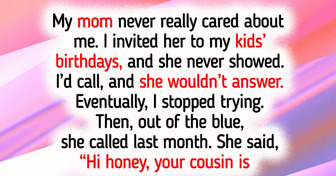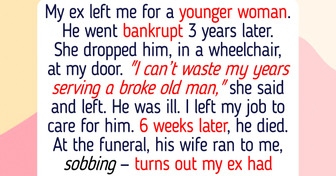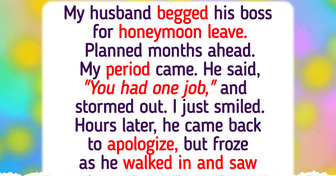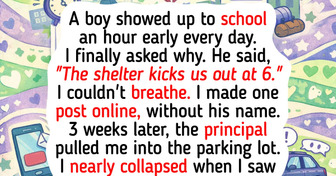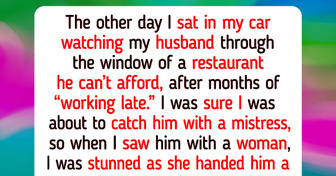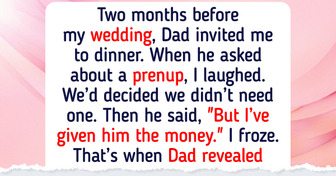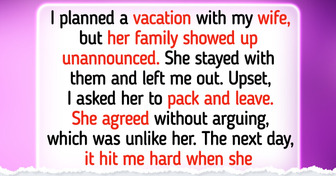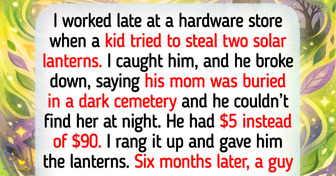I Bought a Lavish Secret Santa Gift and Received a Cheap, Insulting One in Return
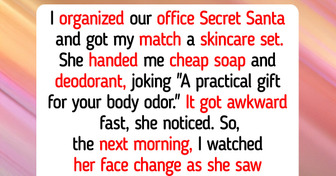
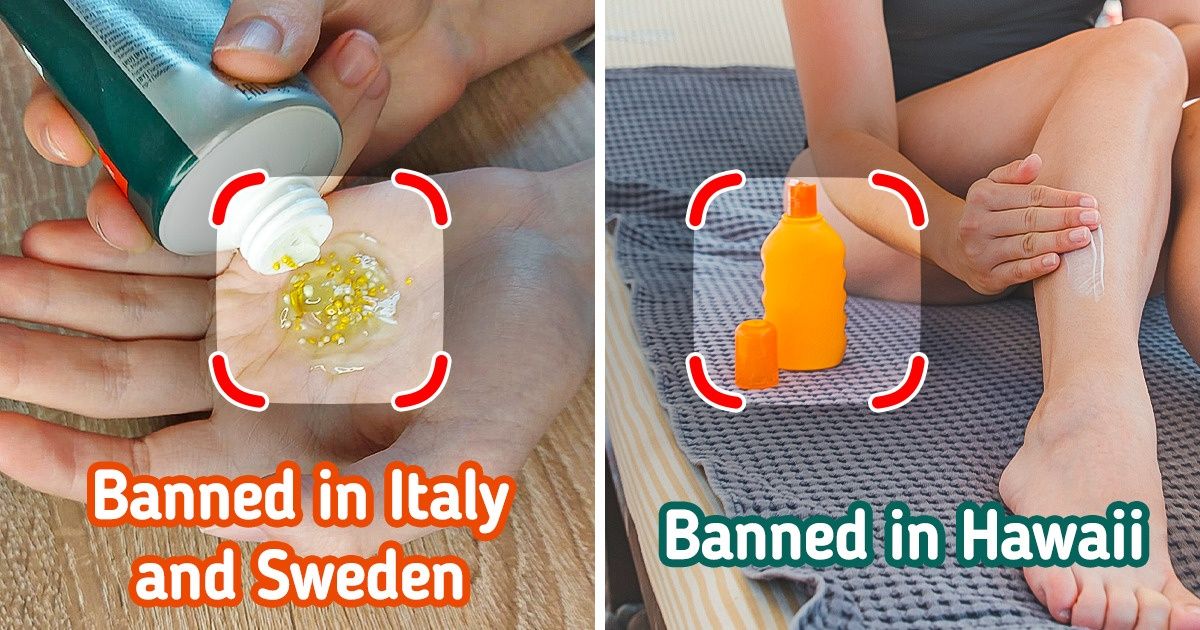
Weird laws, strange decrees — there are many of them around the world. Some legislative acts are relics of the past because it seems that someone simply forgot to delete them, but there are also modern laws that might seem absurd at first glance. How is it possible that one thing is legal in one country and banned in another?
We at Bright Side have been poring over various sites to find bans that cannot be logically explained at first glance. We first thought that we would be able to laugh at them but the deeper we dove into researching, the more we realized that many of them have a logical explanation. The bonus part will show you a story about how one of the most highlighted bans in the world was finally softened by Singaporean authorities.
If you decide to start selling second-hand items in Canada, you’ll have to carefully study a long list of bans and recommendations. The list of goods that are not completely banned but that could still cause some issues is huge: strollers, garden lights, mesh blinds, hockey helmets, and MP3 players, etc. A stuffed toy with a loose nose? You can’t put it up for sale. Instructions for using a kids’ mini football game are lost? You can’t sell that either.
Used mattresses, including inflatable ones and sleeping bags, also have special rules. They can only be brought into the country with a certificate confirming that the item has been cleaned and disinfected.
In April 2011, a ban on filming, as well as the distribution of, films that cover the topic of time travel, went into force in China. Regulatory authorities based their decision on the fact that the writers are too relaxed regarding history, freely handling events and real-life personalities, which should in no way be encouraged. Also, it was declared that these shows promote beliefs in “feudalism, superstition, fatalism, and reincarnation.”
Different bans have been made by Hawaii regarding chemicals in sunscreens. Oxybenzone and octinoxate were banned in 2018 and avobenzone and octocrylene were banned in 2021. These chemicals are believed to be one of the factors contributing to the destruction of coral reefs. Products containing petroleum jelly and titanium dioxide, which are harmful to marine life and organisms as well, are still on the list of ingredients that are not recommended for use.
Balloon sticks are now banned in all EU countries starting from July 2021. This prohibition is quite logical because their composition is no different from other small plastic items, which even though they can be recycled, rarely get into the necessary container. We have to admit that we are not upset about this ban because we like balloons on strings much more than sticks.
Up until 1984, it was forbidden to have a dog in the capital of the country that gave birth to Icelandic Sheepdogs. Even now, a Reykjavík resident will have to obtain a special permit from the municipality in order to get a dog. Moreover, the consent of at least 2/3 of the neighbors on the block is required if a person lives in a multi-apartment building.
There is also a range of countries where some dog breeds that are recognized as dangerous were banned or are under strict limitations. Most often, this list includes pit bulls, mastiffs, and bull terriers. And though this may be expected, many people might get surprised by hearing that it’s forbidden to have certain breeds of shepherd dogs as pets in Denmark and Malaysia.
Starting from March 2014 it’s forbidden to install round doorknobs in Vancouver, Canada on front doors. The law is intended to protect the rights of older people and people with disabilities, as they may have difficulty grasping and twisting this kind of knob. It’s much easier to deal with a mechanism that has an ordinary lever as its base.
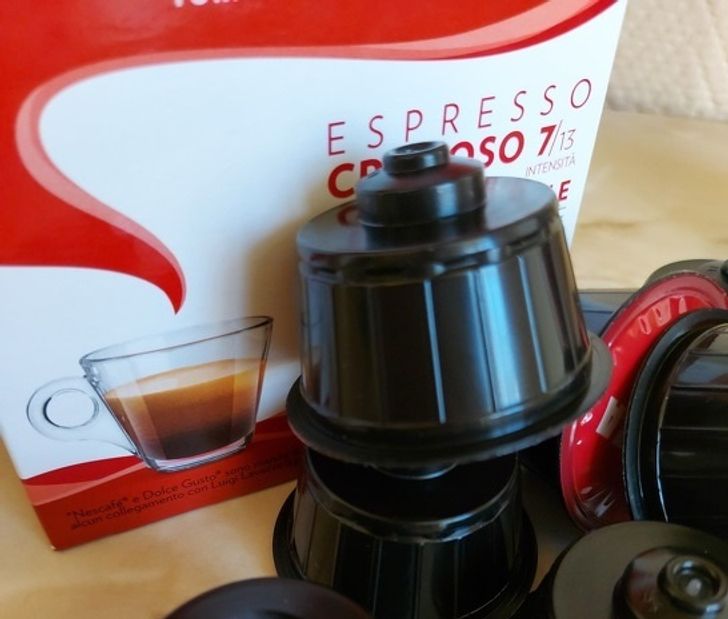
The authorities in the German city of Hamburg were the first to decide that the environmental damage caused by disposable coffee capsules is not worth the convenience we experience when using them. Citizens are allowed to use these capsules with their home coffee machines but using them has been banned in state organizations since 2016.
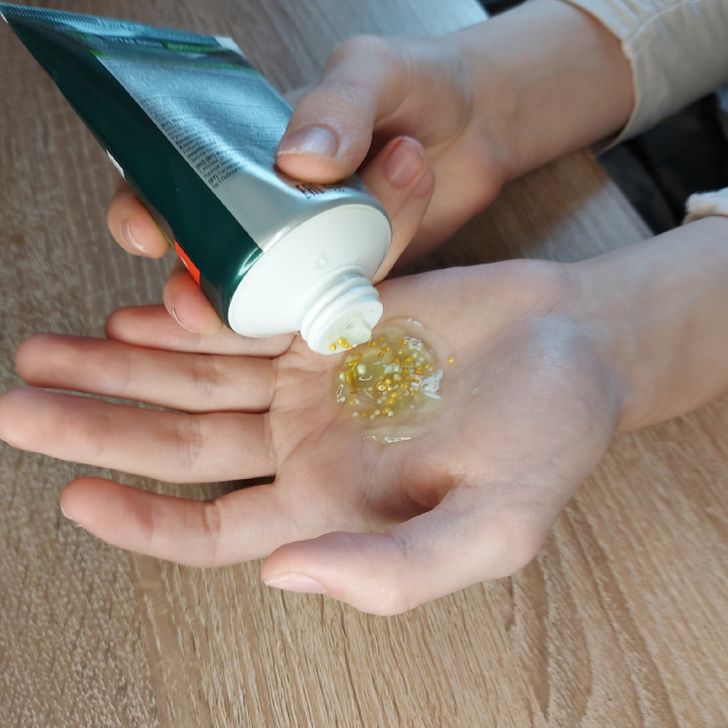
Tiny plastic beads can be found in many types of cosmetic products: from scrubs and shower gels to toothpaste. These granules are washed off with water and enter the sewage system. From there, they get into rivers, lakes, and oceans bypassing filters, since they are too small, and then, they get into the bodies of fish, turtles, and seagulls together with food. The ban for these microbeads is there in a number of countries, including Canada, the United Kingdom, Italy, and Sweden.
Shaving brushes are banned on the island state of Saint Lucia. However, it’s only the ones that were manufactured in Japan that are under restriction. This is due to the fact that at the beginning of the 20th century, anthrax spores came to many countries on fake brushes supposedly made of badger bristles. Though it’s been about a century since then, the authorities are still not going to reconsider their decision.
The government of Australia made a decision that starting in 2021 it’s banned to sell takeout food in plastic containers made of expanded polystyrene. The reason is the same — to protect our ecosystem. Australian lawmakers warn that this is just the first step and they will soon begin phasing in regulations banning disposable cups with lids, plastic bags, and cotton swabs with plastic stems.
Chewing gum has been banned in Singapore since 1992 to keep the streets clean. However, in 2004 some amendments were made to the law: sugar-free chewing gum with a certain content of xylitol and calcium lactate, as well as a number of others, were recognized as health products. They can be bought in pharmacies or dentistries that have special permission to sell gum and who can strictly monitor buyers.
Which of these bans seems to be the most logical to you? Are you aware of any other laws that sound weird at first glance but that have a logical explanation behind them?

